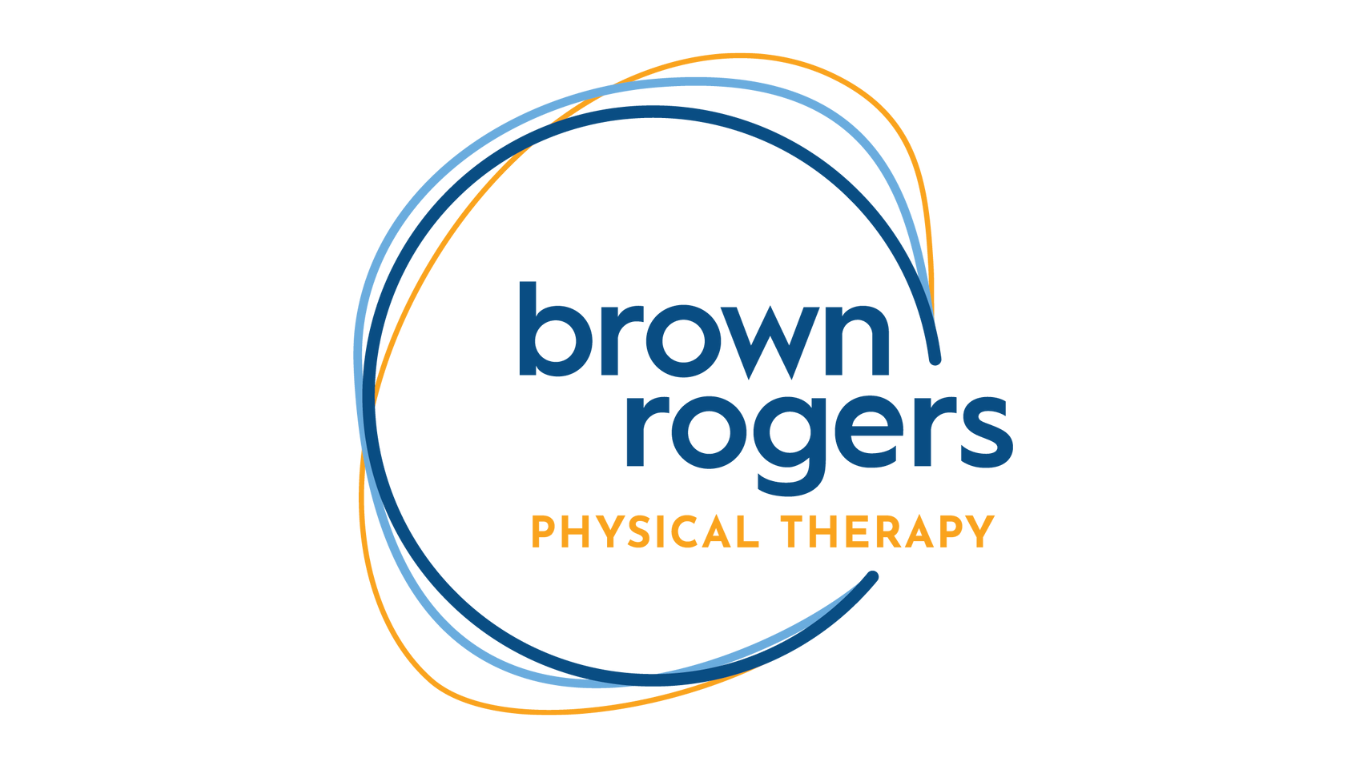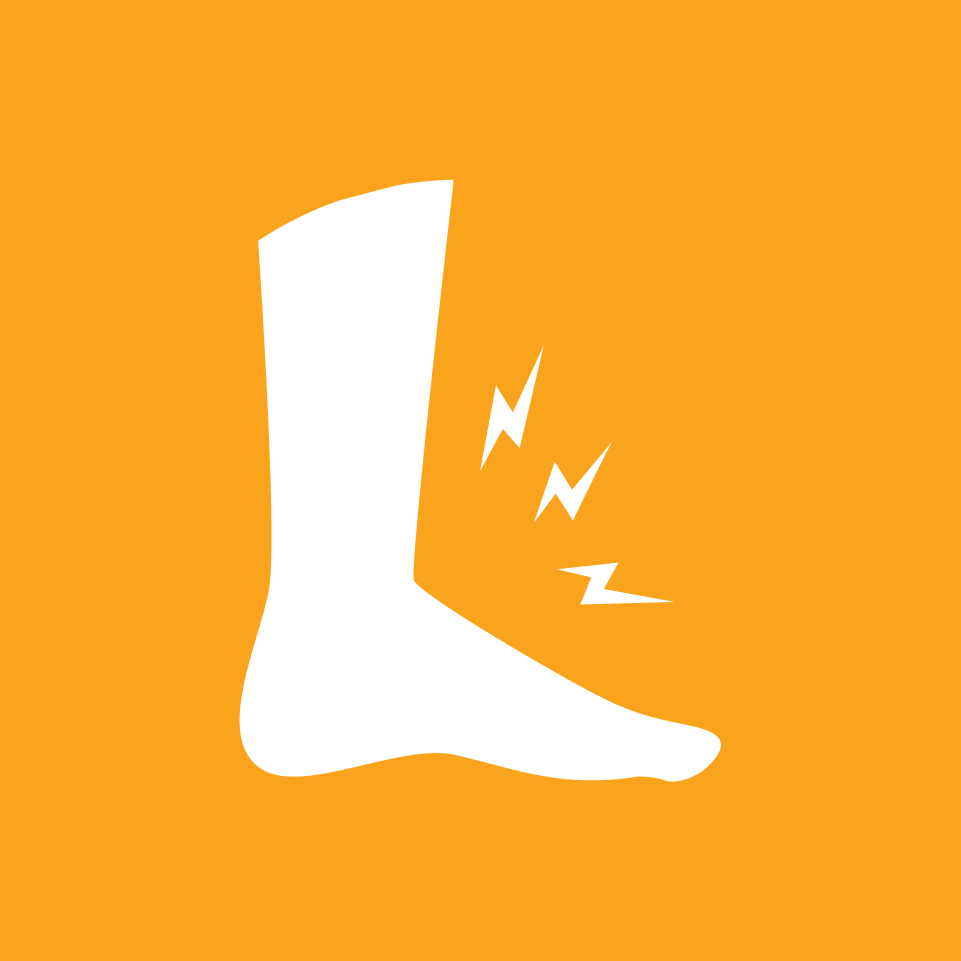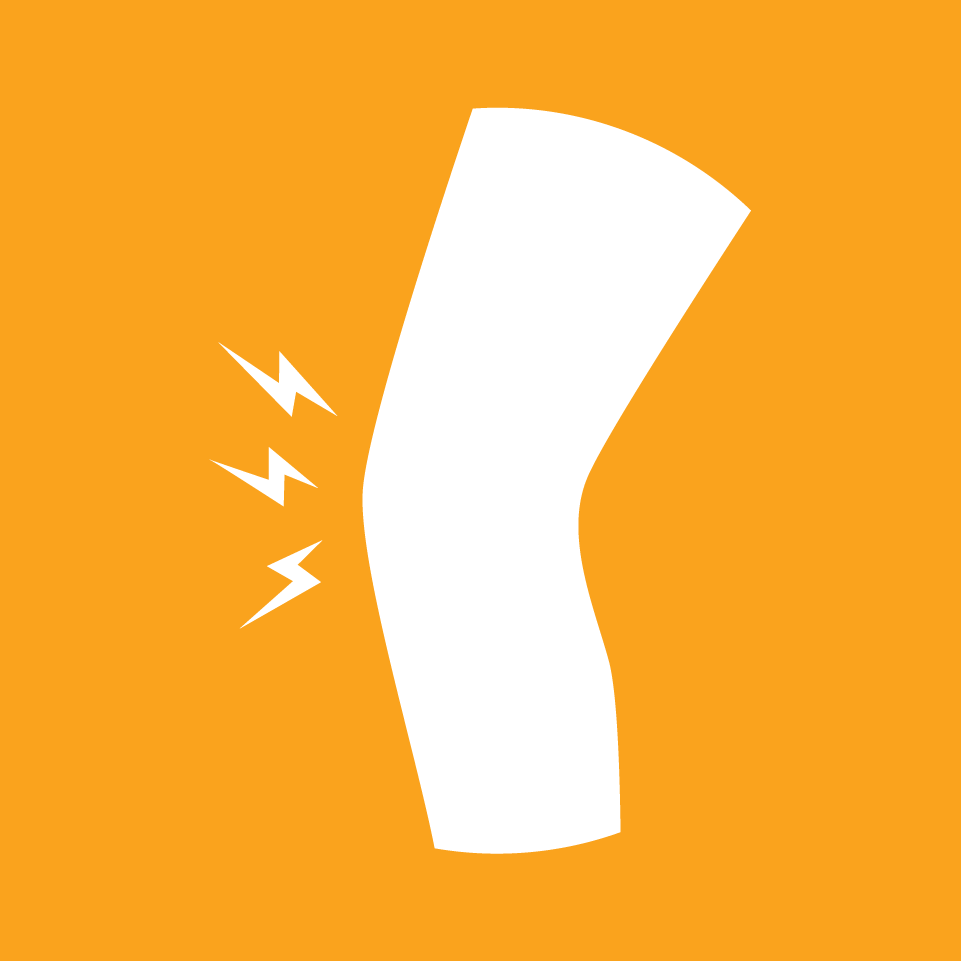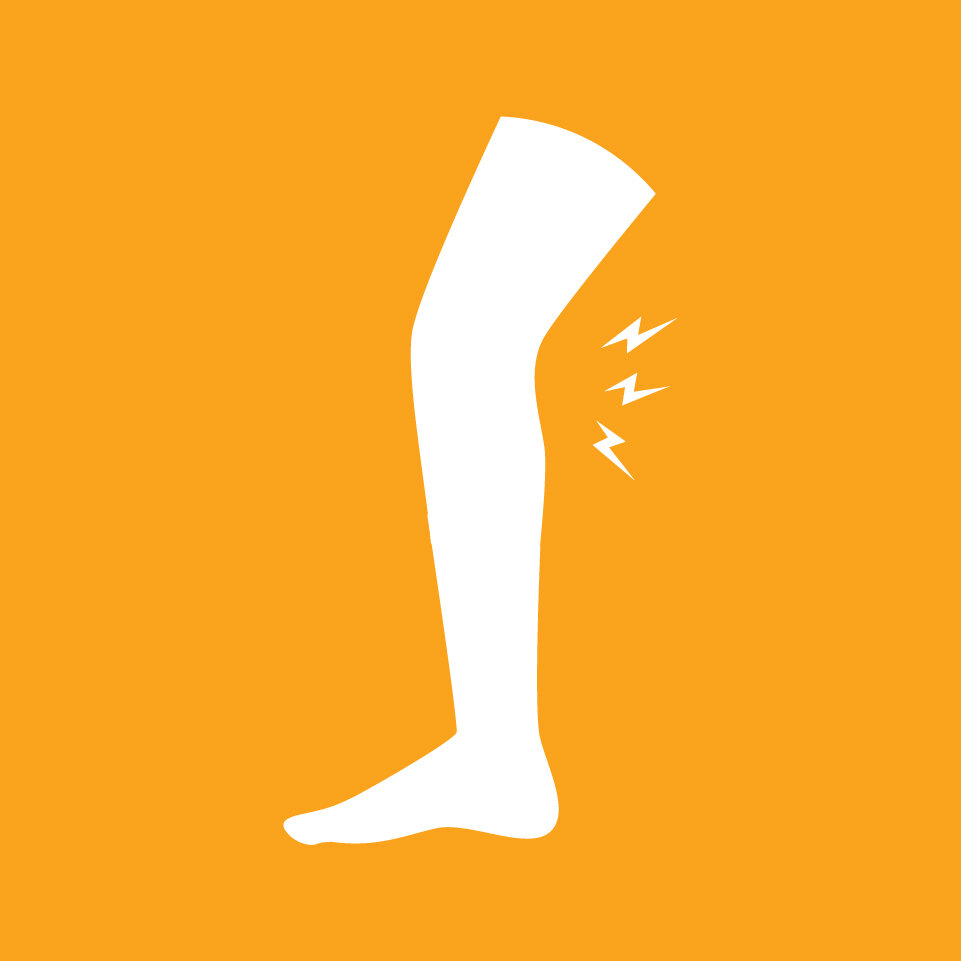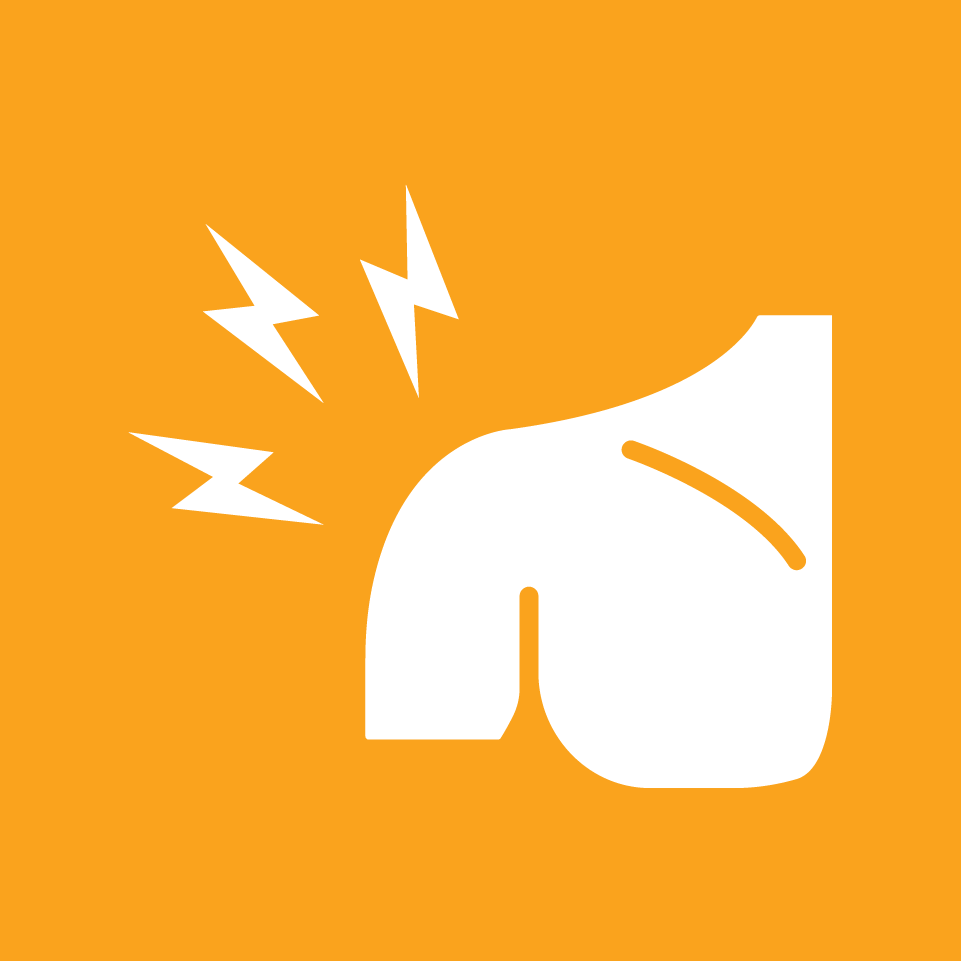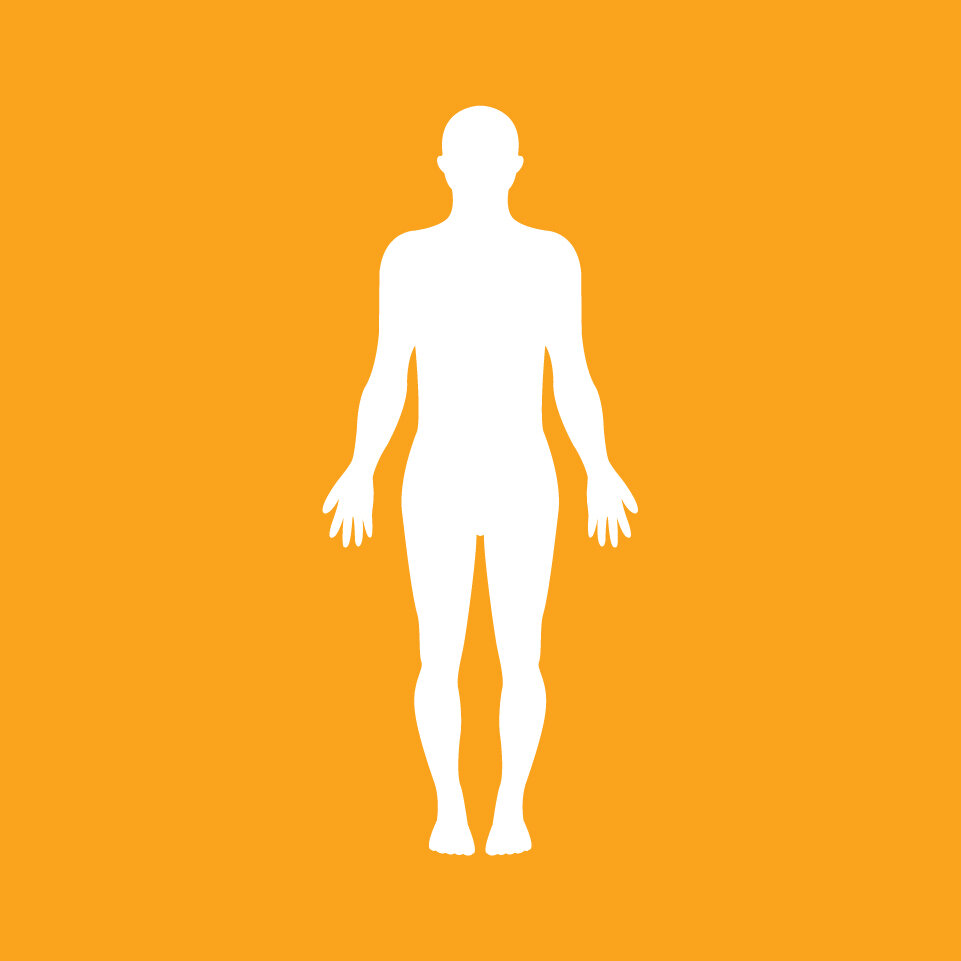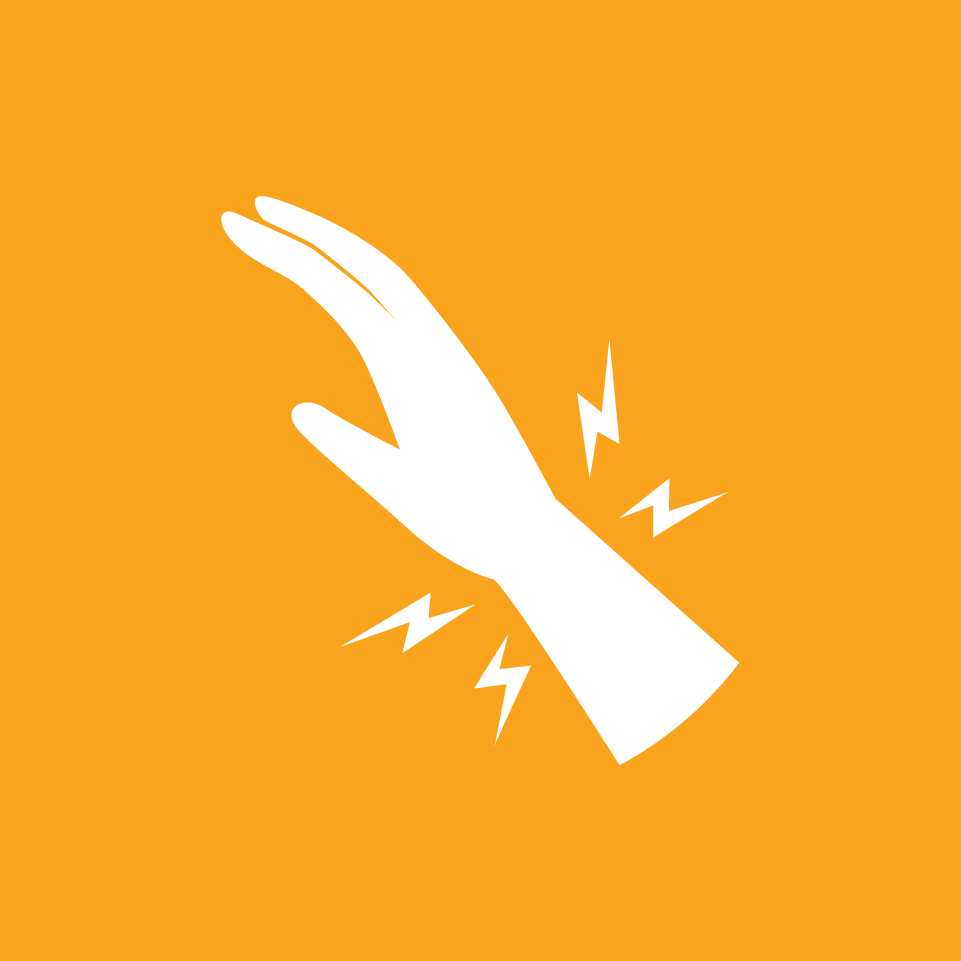Should I see a Pelvic Health therapist?
The pelvic floor consists of several muscles and other types of tissue that work much like a sling to keep pelvic and abdominal organs supported and in place. Pelvic floor dysfunction is a broad term that refers to conditions caused by weakened or tightened muscles in the pelvic floor, as well as certain problems with the lower back and hip joints. These problems can be a result of pregnancy, childbirth, poor posture, infection, injury, or surgery.
Common diagnoses seen by our team include:
Pelvic pain
Prenatal and postpartum conditions
Prolapse
Prostatodynia Incontinence
Pudendal Neuralgia
Sexual pain
SIJ pain and dysfunction
Urinary frequency and urgency
Vaginsimus
Vulvar Pain Disorders
Back pain
Coccygeal Pain
Colorectal dysfunction
Constipation
General joint and muscle pain
Hip pain
Hypertonus
Levator Ani Syndrome
Urinary and Fecal Incontinence
Pelvic floor dysfunction
Pre- and Post-surgical conditions:
Abdominal
Colorectal
Gynecological
Oncology
Orthopedic
Prostate
